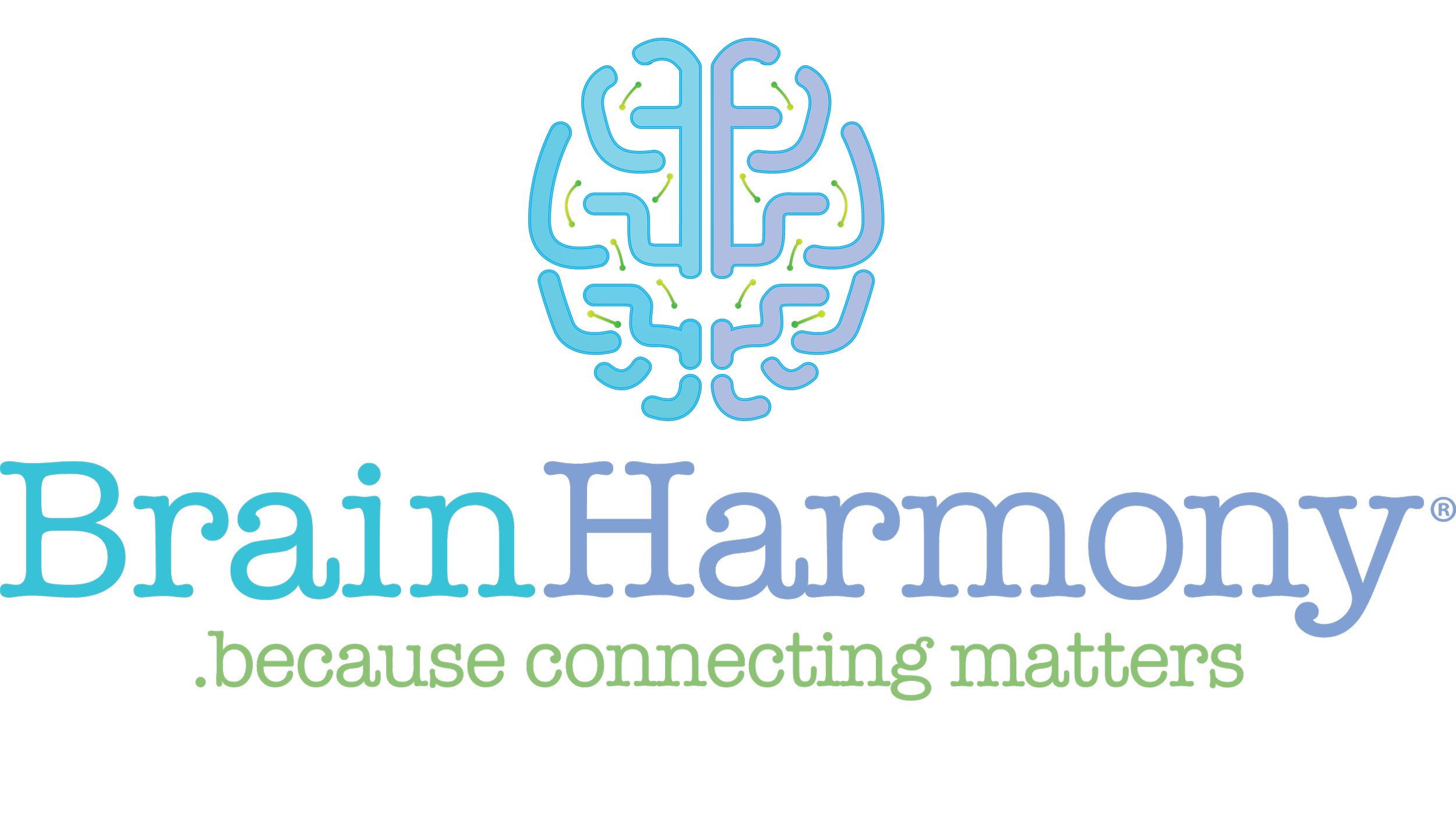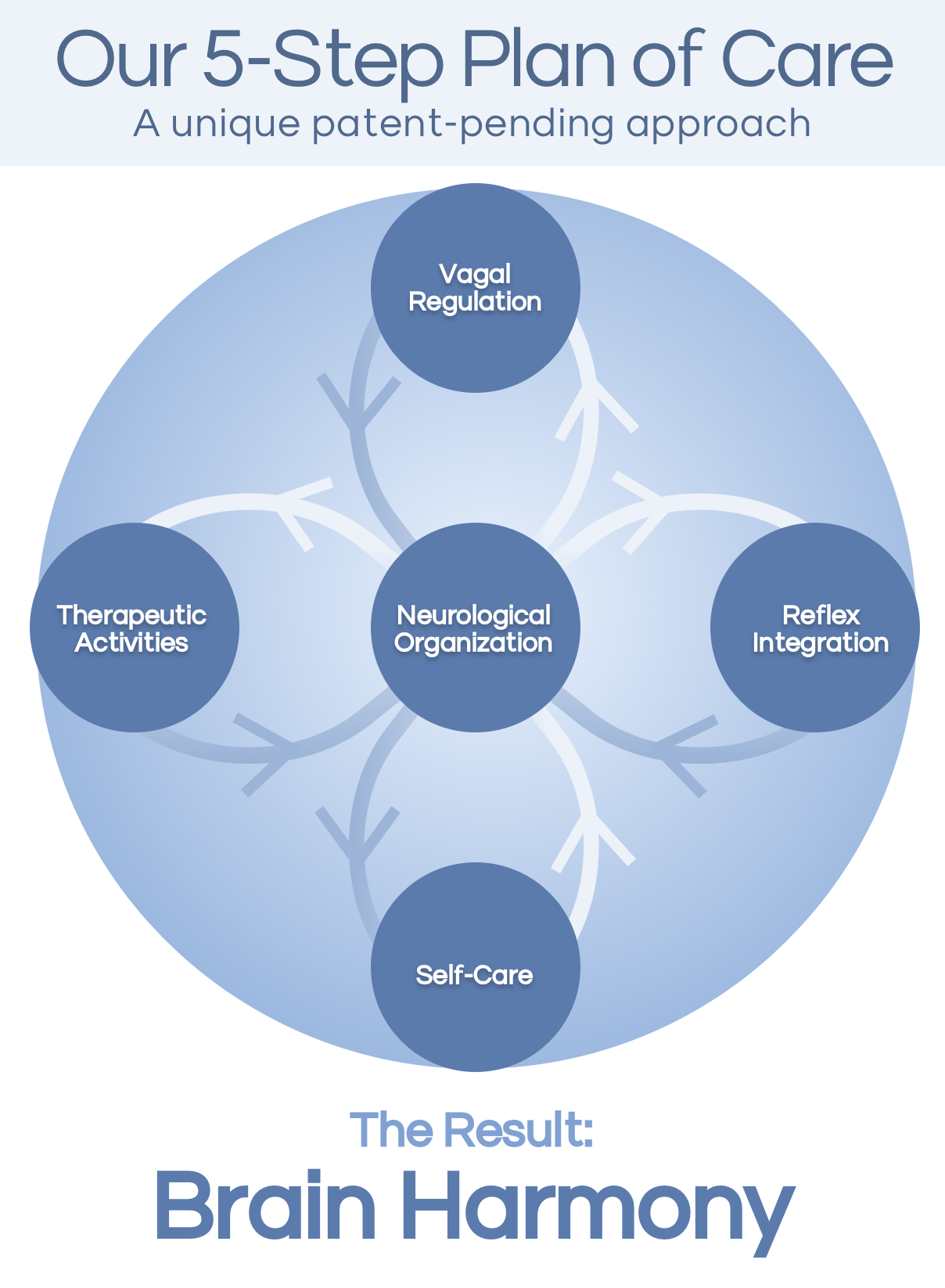Auditory Processing (APD)
For those suffering with Auditory Processing Disorder (APD), the brain is unable to properly translate meaning to the noises one is hearing. The condition can often go unnoticed if the severity is mild, or is often misdiagnosed as autism, ADHD, or a number of related disorders with similar symptoms.
Using the techniques appropriate for a patient with ADD will not be very effective for a patient suffering with auditory processing issues.
Patients suffering with APD may express some or many of these symptoms:
Difficulty taking notes
Having the need to ask others to repeat themselves, difficulty comprehending rapid speech or fast-paced conversations
Poor ability to direct or divide attention
Trouble understanding in loud environments or in long conversations
Difficulty learning, writing, reading, spelling, or memorizing vocabulary
Mistaking words that sound similar to other words
Struggling to comprehend instructions or spoken information
Inability to put multiple step directions together
Our proprietary 5-Step Plan of Care is based on proven protocols, therapeutic activities, with over 20 years and 250,000+ hours of combined clinical practice.
Most importantly, our 5-Step Plan of Care is completely tailored to your unique challenges, needs, and goals.
So you can get the personalized care you (or your child) needs to achieve the outcomes you need.
TESTIMONIALS AND SUCCESS STORY VIDEOS
Auditory Processing Disorder
Skye-Nohea was always an open, bubbly child. But one morning, her mother noticed her daughter struggle to follow instructions at a swim lesson, and she knew something was unusual. She suspected that her hearing was impaired, but after passing the hearing test, her mother started to entertain other possibilities. Skye-Nohea saw a number of doctors and completed a range of tests to attain her Auditory Processing Disorder diagnosis. After trying different therapy methods and specialty programs, they were referred to Brain Harmony by a former patient’s mother.
“I feel like her memory is getting better, her attention is getting better, she accepts things a little bit faster... I feel like so many people who have kids - or even adults - who have APD, they don’t know that something like a program like this exists where you can basically work on the problem directly. That’s why I feel like so many people need to hear about this.“
Dyslexia, Auditory Processing, Sensory Processing, Attention & Regulation
Kerry is a Homeschool Mom of 8. All of her children have been diagnosed with mild to severe dyslexia, as well as other conditions such as APD, SPD and attention and regulation. Since beginning her journey with Brain Harmony, she has seen immense progress in her children’s reading levels, communication, attention and emotional regulation, and processing.
“We have tried so much over the years, and so many different programs, and this has made the biggest difference… it has made a huge difference in a short amount of time, so I would definitely highly recommend it.”
APD Case Study
29 children with APD; Advance Magazine Jan 2010
Pre-intervention: 0 of 29 students had intact auditory/vestibular processing skills
Post-intervention: 22 of 29 tested in normal range in al areas of auditory processing skills
Pre-intervention: 7 of 29 were taking ADHD medications
Post-intervention: all 7 had successfully ceased medications.
Parents and teachers reported improvements in social skills, language, improved grades in reading and math, with most of the kids showing definite improvements in reading comprehension.




